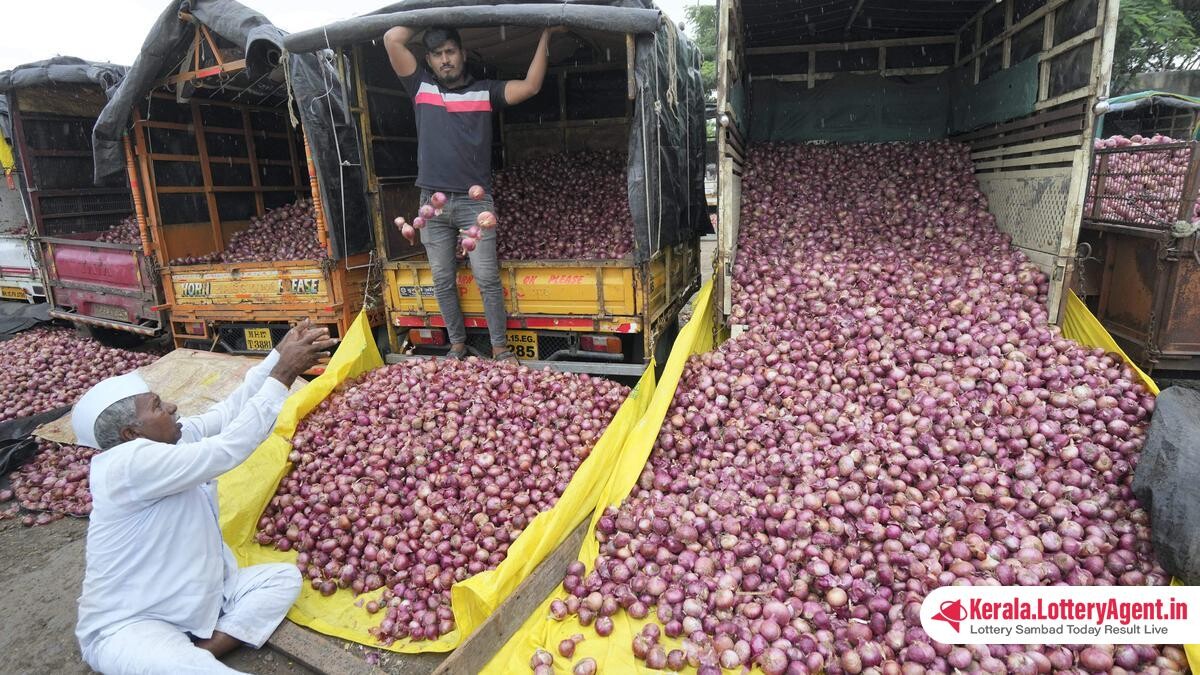
Following the Central Government’s approval to export 2,000 tonnes of white onions from Gujarat, criticism ensued from Opposition leaders as well as onion farmers in Maharashtra. This discontent arose within the context of an extensive ban on onion exports, leaving local farmers disheartened and looking for redress. Consequently, the Centre appeared to enter a mode of crisis management as it aimed to alleviate the concerns of the agricultural community in Maharashtra.
The Consumer Affairs Ministry responded promptly, announcing prior to Prime Minister Narendra Modi’s rally in western Maharashtra slated for a Saturday, that exports amounting to 99,150 tonnes had been authorized. This announcement was met with approval from BJP leaders in Maharashtra with Deputy Chief Minister Devendra Fadnavis expressing confidence that such a move would be beneficial to the state’s farmers.
However, this silver lining expressed by the BJP did not resonate fully with the practical experiences and sentiments of the local exporters and farmers’ associations. Contesting the Ministry’s declaration, they highlighted that the newly stated figures simply echoed previously announced export quotas designated for six countries over a span of two months. It was underscored that from the supposed allotment of 99,150 tonnes, merely 6,000 tonnes have actually been exported as per the various notifications that have been released until that point, according to sources from the agricultural export sector in Maharashtra.
The suspension of onion exports has been lingering since the previous year in December and was further extended without a defined end in the preceding month. Timelines depict that early in March, allowances were made for 50,000 tonnes to Bangladesh, about 14,400 tonnes to the UAE, and close to 5,000 tonnes intended for Bhutan, Maldives, and Bahrain. Furthermore, this current month witnessed additional consents comprising 20,000 tonnes to the UAE and an allocation of 10,000 tonnes for Sri Lanka.
An imperative note is that all these exports are necessitated to be processed via the National Cooperative Exports Limited (NCEL). Conversely, the export of white onions is not beholden to the involvement of NCEL, nor is it incumbent upon specifying a receiving country.
The Ministry statement emphasized the strategical and substantial role of Maharashtra as the leading onion producer in India, being the main source for NCEL-conducted onion exports. A particular stand-out point in their proclamation was that the exceptional permission of white onion exports was because these onions are “cultivated specially for export markets in the Middle East and some European countries.”
Despite the central assurances, political opposition within Maharashtra was intensified, leading to sharp criticism by Shiv Sena (UBT) leader Aditya Thackeray. On a social media post, he emphasized what he characterized as partiality against Maharashtra, favoring Gujarat, and sought to question the administration’s motive behind such discriminatory treatment towards the states.
Adding to the discord, Congress’s general secretary in charge of communications, Jairam Ramesh, called out for the farmers in Maharashtra who predominantly grow red onions and felt excluded from the latest export permits. He indicated that farmers have endured considerable financial losses due to the “arbitrary export ban.” Ramesh vowed that the Congress’s manifesto was committed to establishing a stable and predictable import-export policy which would be beneficial to the farming community.
The unfolding scenario has struck a chord within the agrarian sectors of Maharashtra, dialogues are ongoing, and the stakeholders await a resolution that balances the scales of trade and equity. The controversy has opened a broader discussion on the fairness of export policies and the recognition of the agricultural community’s contribution to the Indian economy.












